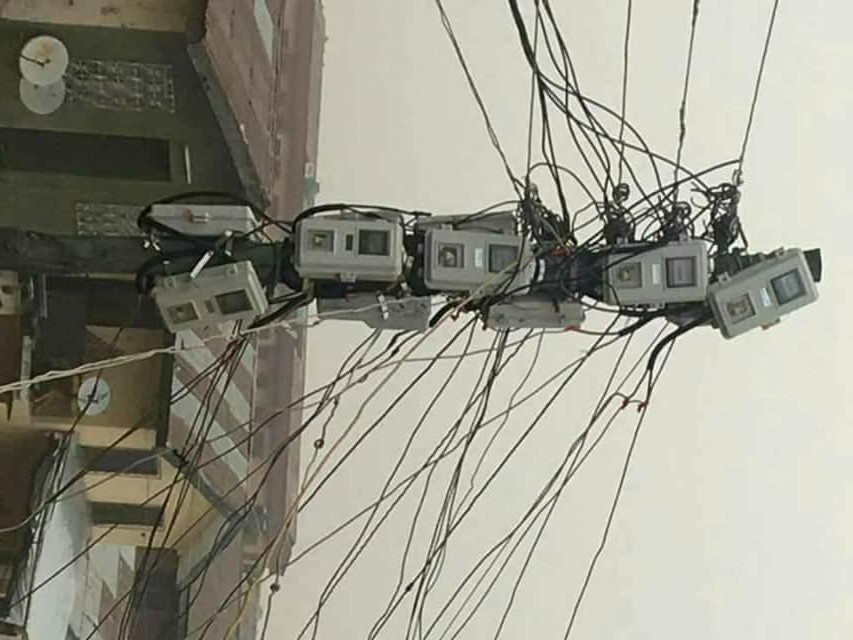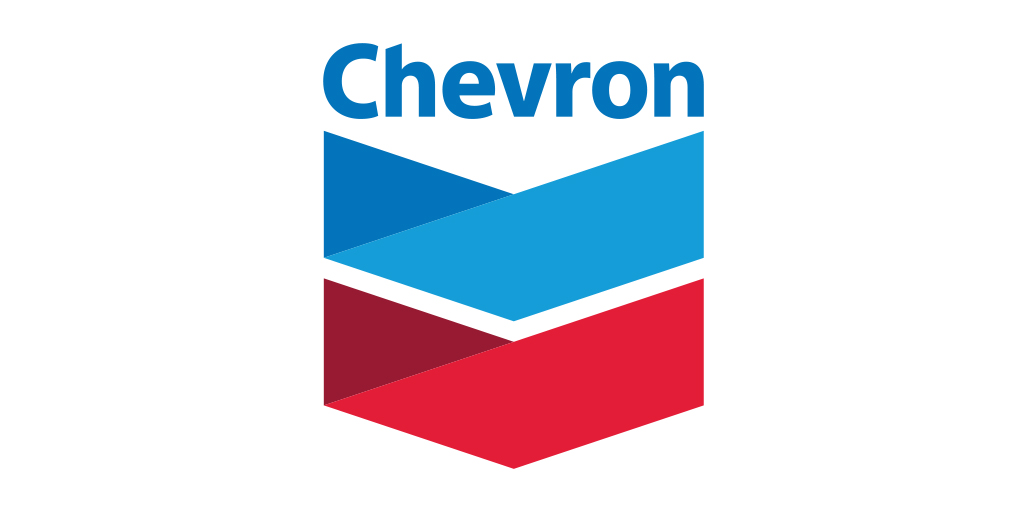The latest order placing a cap on the range upon which electricity distribution companies (Discos) charge unmetered customers is set to change the sad narrative and neck-cutting monthly tariffs levied on the over 52% of power consumers nationwide.
The Nigerian Electricity Regulatory Commission (NERC), which issued the order, had acknowledged the shortcomings of the Meter Asset Provider (MAP) scheme, observing that changes in fiscal policy and the limited availability of the long-term funding led to limited success in the meter roll-out.
Accordingly NERC has repealed estimated billing methodology regulation as basis for computing the consumption of unmetered consumers, and also issued a deadline of April 30, 2020 for proper identification and metering of high energy users.
Investigations show that the new order, will among other things, force open the locked doors of prepaid meters for unmetered customers going forward because Discos from all indications will begin to run at loss based on the order.
Recall that fact checks had revealed that Discos were deliberately making access to meters cumbersome for consumers so to as to continue to rely on the exorbitant billings to shore up poor revenue from metered consumers who have fashioned out miserly way of using electricity.
This explained the reason why in seven years, all the Discos combined have only able to meter less than half of all Nigerian electricity consumers.
This is because, under the new regulation, all unmetered residential and commercial (R2 and C1) customers shall not be invoiced for the consumption of energy beyond the cap stipulated in the Order according to designated distribution companies.
The order repealing existing billing regulations of 2012, showed that the R1 (residential) customers, who, by definition consume no more than 50kw/hr of energy per month, shall continue to be billed at N4/kwhr and a maximum of N200 per month unless amended by an Order of the Commission.
For instance, consumers under Abuja Electricity Distribution Company, N24.30 per kwh was approved for R2 (above 50kw/hr) consumers, and N37.39 for C1 (single & 3 phase) consumers. Under Eko Electricity, residential consumers will pay N24 per kwh, while commercial consumers will pay N30/kwh with different energy caps. R2S consumers under Ikeja Electric will pay N21.30 per kwh; R2T, N21.80; while C1S&T will pay N27.20 and N28.47, respectively.
NERC averred in the Order as follows: “The energy cap prescribed by the Commission shall only apply to R2 and C1 customers. All other customers on higher tariff classes must be metered by Discos no later than 30 April 2020, failing which these customers are not liable to pay any estimated bill issued by the Disco.
“Any customer on such higher tariff classes not metered beyond 30 April 2020, shall remain connected to supply without further payment to the Disco, until a meter is installed on the premises under the framework of MAP regulations or any other financing arrangement approved by the commission.
“Where a customer’s meter becomes faulty and a replacement meter cannot be provided by the Disco within two working days, the customer shall be billed an average of the last three months billing/vending in accordance with section 16(1) of the MAP regulations until the meter is replaced.
NERC made it clear that “A consumer of XYZ Disco resident in White Acre under R2 (single phase) tariff class has an energy cap of 78 kilowatt-hour per month and a tariff of N42 per kilowatt-hour. The maximum that XYZ Disco can invoice such a customer is 78kWhr x N24/kWhr = N1,872 per month,” NERC said.
It said all other customers on higher tariff classes must be metered by Discos no later than April 30, 2020, adding customers would not be liable to pay any estimated bill issued if the Disco failed to supply meters.
“The customer shall remain connected to supply without further payment to the Discos until a meter is installed on the premises under the framework work of MAP Regulations or any other financing arrangement approved by the commission,” NERC said.
Also made clear is that energy consumed for the purpose of estimated billing is capped during the transitional period till the customers are metered but the actual amount payable shall vary in the event of any approved tariff reviews affecting their customer class.
“Discos shall ensure that all customers on tariff class A1 in their franchise areas are property identified and metered by April 30, 2020,” NERC said.
NERC noted that the significant level of customer dissatisfaction arising from unrealistic estimated bills have also adversely impacted on the market revenues as a consequence of customer apathy and declining willingness to settle invoices in full.








